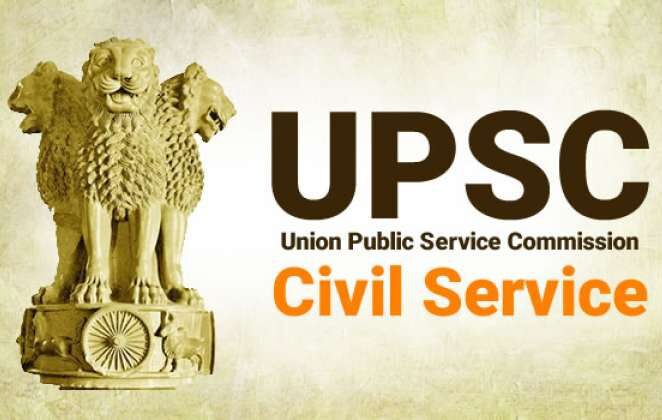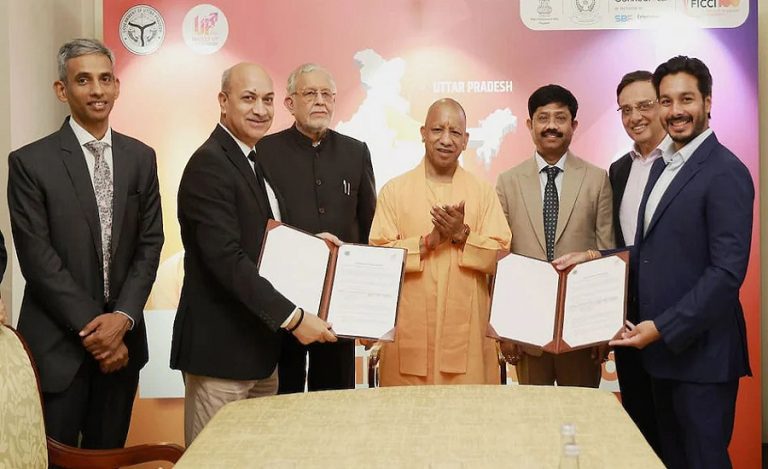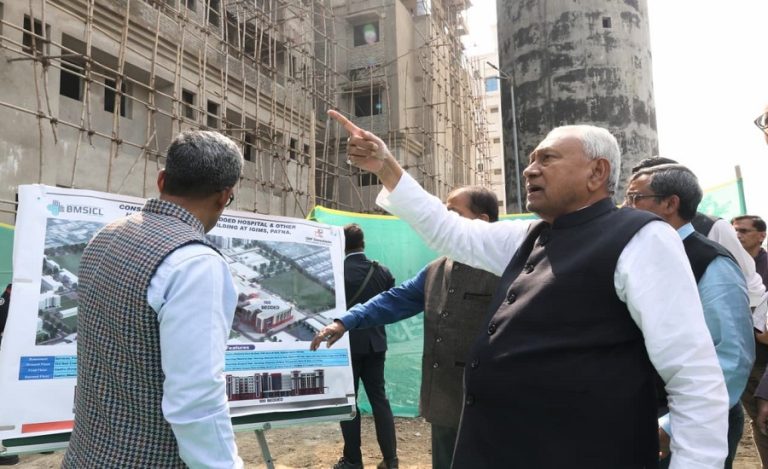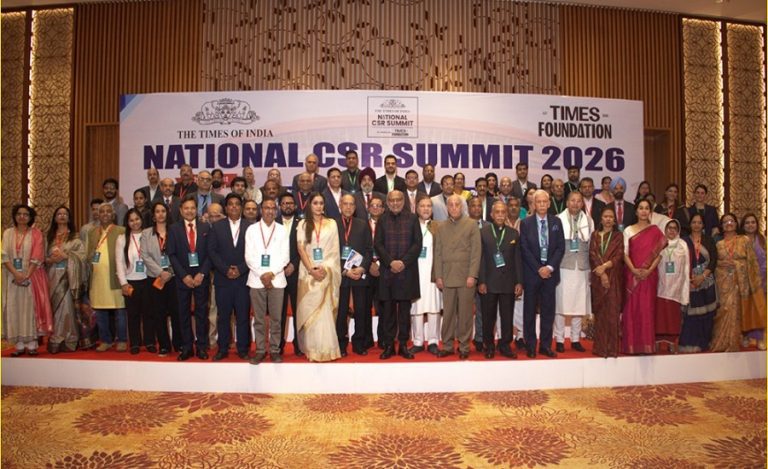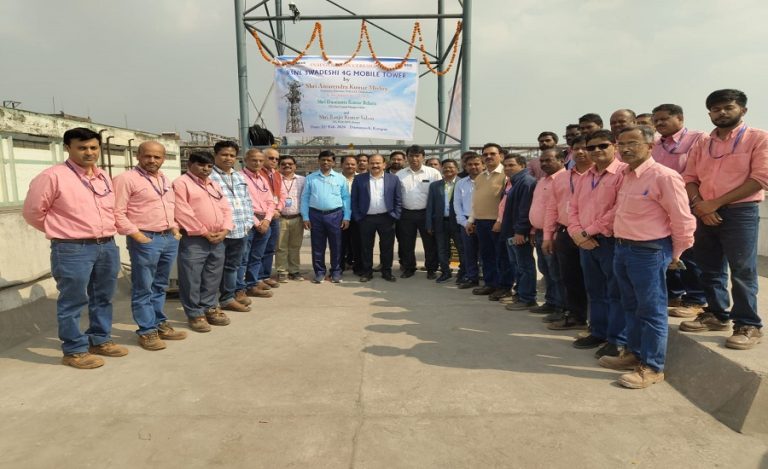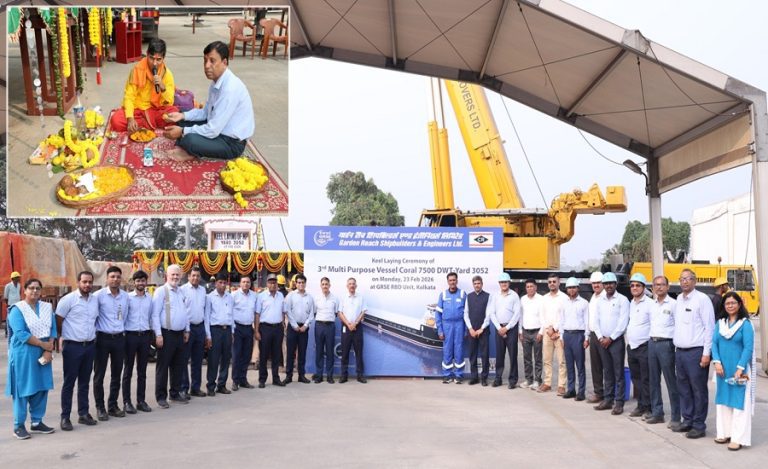Every year after the declaration of the final results of the UPSC Civil Services Examination, some pertinent questions are raised by concerned people, indicating certain problems in the process. One of the questions is, why is it that the maximum number of candidates who qualify the exam are from English medium and why so few from Hindi and other vernacular mediums? And second, what is the need of using archaic Hindi words while translating the questions from English to Hindi? Indian Masterminds interacted with academicians and civil service officers who have good knowledge of UPSC paper pattern and policies and got some mixed, but insightful, opinions.
LESS HINDI MEDIUM CANDIDATES CLEAR EXAM
Looking at the past 8 years trends, a decline in percentage of qualifying students from Hindi medium can be observed. From 2013 onwards there has been a constant decline in the success graph, where only 17% candidates Hindi medium students have qualified. In 2014,the percentage of Hindi candidates decreased to 2.11%, in 2015 to 4.28%, in 2016 to 3.45%, in 2017 to 4.06%, in 2018 to 2.16%, in 2019 to only 2%, and in 2020 to just 2.5%.In 2020, there were 761 posts and yet only 2.5% candidates from Hindi medium qualified. The topper in Hindi medium got the 246th rank.
It seems this decline came about after certain changes in the examination pattern, where the weightage on optional was reduced from 60% to just 29% because of the removal of 2 optional subject papers of 600 marks each. From 2013 onwards, there is only 1 optional subject paper containing a total of 500 marks, that increased the dependency of Hindi medium and other vernacular medium students on the General Studies paper for fetching more marks, with standard material of study not easily available.
Another reason is the language of translation. Translation of question papers from English to Hindi is mostly done by using machines or using Google translation. As a result, the actual meaning often gets lost in the use of archaic words.
GOOGLE DEPENDENCY CAUSES PROBLEMS
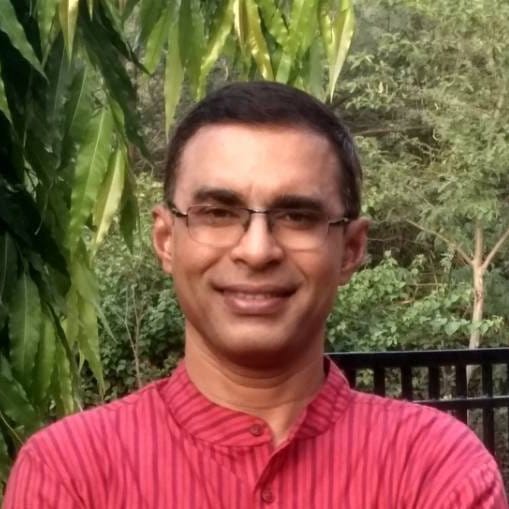
Speaking to Indian Masterminds, Professor Niranjan Kumar, Dept of Hindi, Faculty of Arts, University of Delhi, said, “In the past few years, most of the questions translated to Hindi are misleading, incomprehensible or wrong. As UPSC generally prepares question papers in English, and now the process of translation has either become dependent on Google or the proficiency of the translator, it is not up to the mark. The sentence structure is also different in both languages, where short sentences can be translated correctly by using Google, but for long English sentences, the Hindi version is often compromised and as a result Hindi medium candidates have to pay for this.”
LACK OF PROPER KNOWLEDGE OF SUBJECT
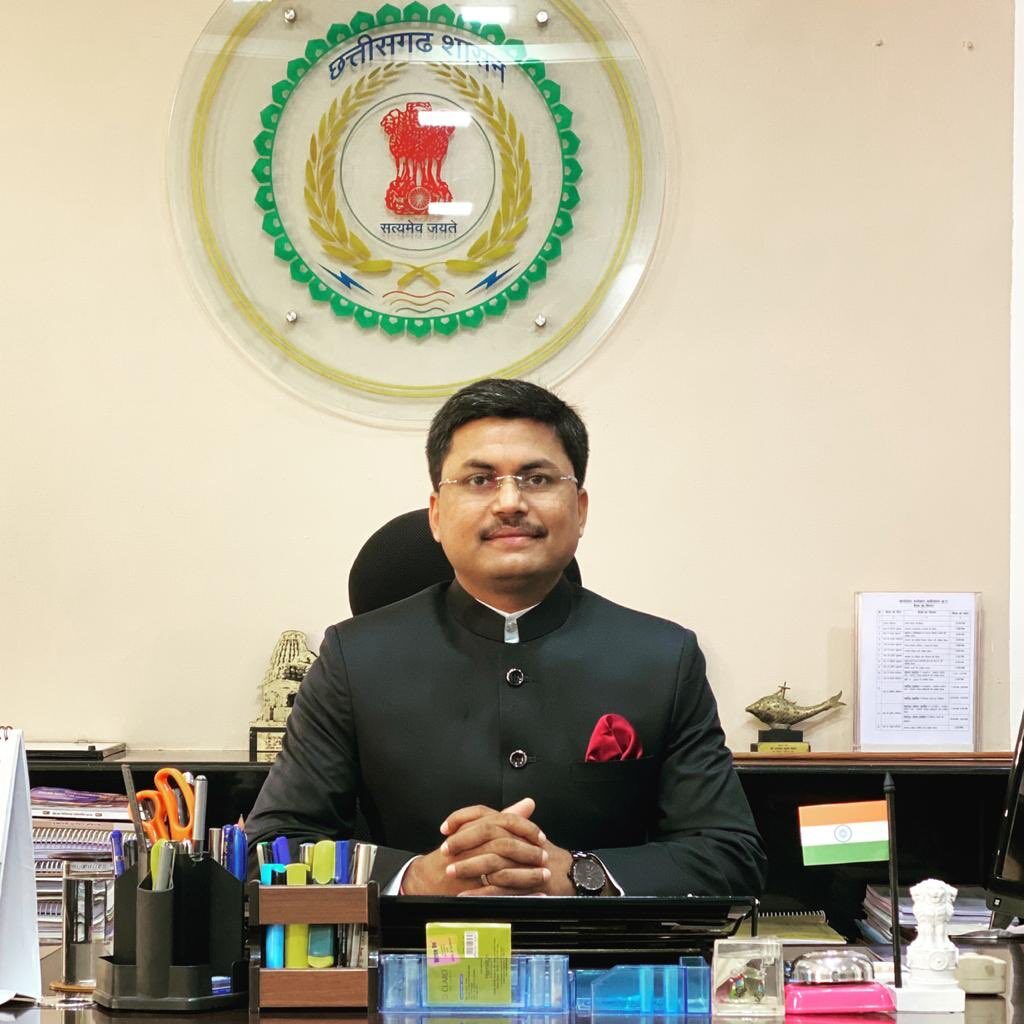
IAS officer Mr. Awanish Sharan said, “There are some scientific and technological words that are commonly in use. But while translating, because of not having proper understanding of the subject, an alien Hindi version that is not common and may be wrong is used. One example of this is ‘Steel Plant’ that was translated as ‘Spat Paudha’. Another example from last year’s question paper is ‘Civil Disobedience Movement’ that was translated as ‘Asahyog-Andolan’, which is a different freedom struggle movement. This kind of mistakes are not expected from a body who is responsible for the recruitment of group A and group B officers.”
On why the number of successful candidates from Hindi medium is less every year, he said, “Standard material for General Studies is not sufficient, so one needs to opt for bilingual sources and also needs to work on his language.
DIFFICULT WORDS MUST BE AVOIDED
Dr Ashok Singh, HoD, Arts, Banaras Hindu University, questioned the logic behind the use of tough Hindi words in question papers, like, for instance, Nikshepagaar, Chalnidhi, Apvanchan, Sanstuti, etc. He said, “This kind of uncommon words shouldn’t be used in question paper except specifically in the Hindi literature optional. UPSC needs to consider that even a Hindi medium aspirant is not able to grasp the meaning of these words.”
CANDIDATES SHOULD WORK ON VOCABULARY

Giving examples of word usage that is time consuming and difficult to understand, like Mitochondria that was written as ‘Sutra-kanika’, Grass floor that was translated as ‘Tran-bhukhand’, Polyculture translated as ‘Bahu-sasyan’, Evasion as ‘Apvanchan’, etc., Mr. Devendra Meena, who qualified CSE 3 times from Hindi medium, however, said, “Though UPSC should keep an eye on such mistakes and need to use normal words to be understood at first glance, we also need to work on our Hindi vocabulary too.
PREPARE SEPARATE HINDI QUESTION PAPER
Few years ago, an expert committee was formed to address and send recommendations to UPSC on the ‘Hindi’ issue, but nothing concrete seems to have been done so far. Experts opined that there is a need for some efficient policy changes so that question papers can be prepared in both languages separately, instead of translating from one language to the other.
Professor Niranjan Kumar expressed his concern over the devaluation of standard Hindi bhasha over time. There is a need to generate a sense of privilege for our vernacular language in our generation, he feels. He stressed on the minimization of dependency on machine translator. Instead, emphasis should be given to hiring translators with expertise in both the languages and with a proper understanding of the subject matter, he advised.

